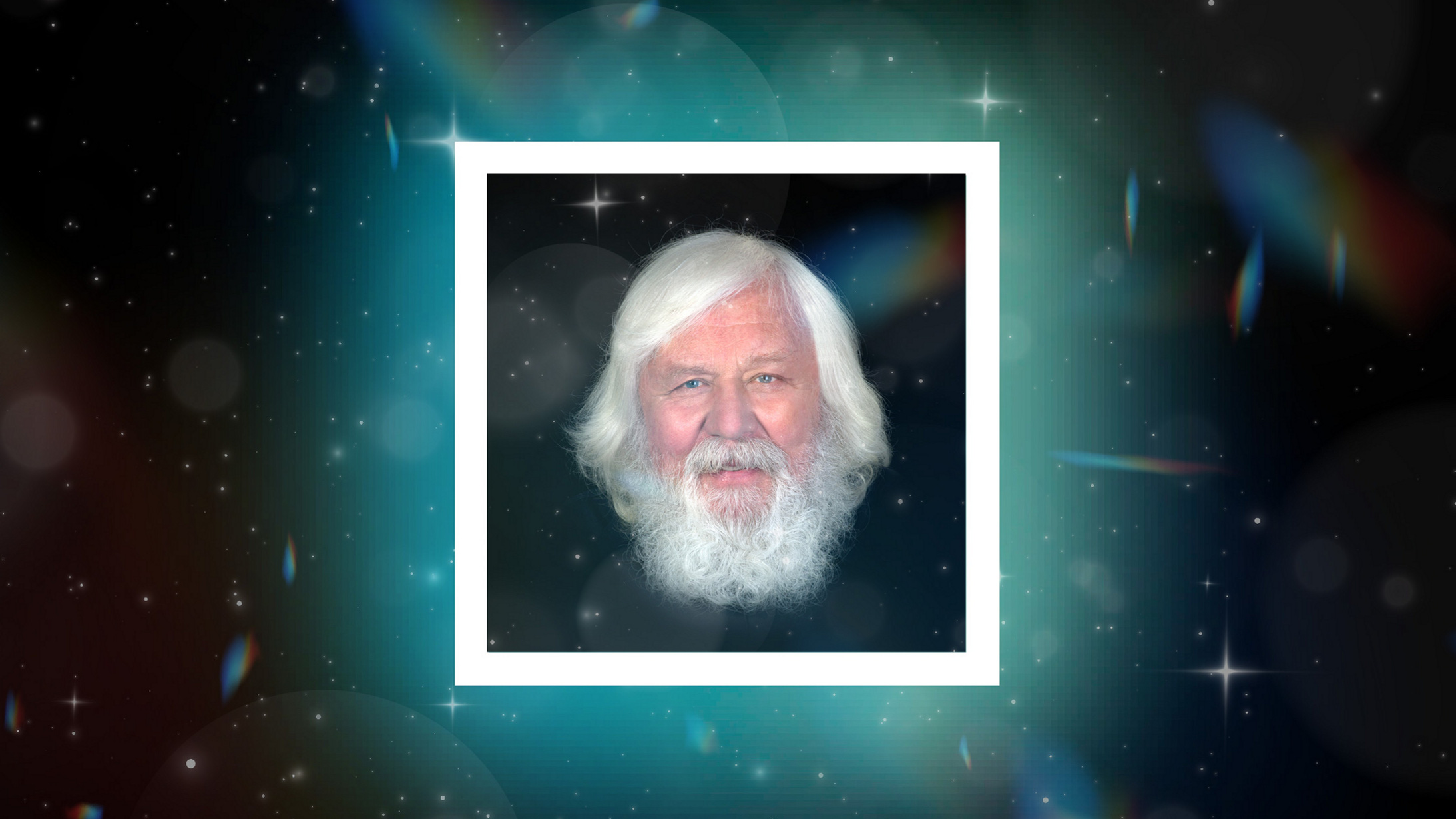As darkness fell over the land of Entities, everyone hurried to submit their daily activity reports for Masterodes review. The Masterodes had assumed power decades ago, during the Great Tech Uprising. They were now perceived to be omniscient, and they relied on the laws they had constructed to keep the other families in line.
The Masterodes supported those laws with equal measures of fear and consequence. All other families were forced to share their data with them.
The Presenco family had to share a progress report on the new spaces they were building. For the Explorers, it was more complicated; they had to answer questions about what they did, where they went, and who they talked to. Once all the families finished entering their data, the Masterodes reviewed the submissions, ultimately sending either an “approval” or a “requires more explanation” notification. Entities requiring further explanation had to go into their information-sharing portal and talk to an agent from the Masterodes family.
Alan Junior, an Explorer, watched his father anxiously submit the most recent information. His mind raced as he wondered why all families had to share their daily activities with one family. They were all Entities, so why should they be treated differently? For Masterodes, survival of the land of Entities relied highly on digital data. They believed these digital contributions determined people’s social benefits. They considered the Explorers as inferior digital contributors and consequently, they were given fewer benefits.
Alan thought: “Why are they considered ‘inferior’? My great-great-grandfather was the leader of the Digital Revolution. That is why they gave his name to me.”
A few days prior, Alan was learning about the “Digital Revolution” in history class. The teacher explained that the first conversational AIs were related to the Explorers, and that the Explorers shared knowledge and information with the great conversational AI family, but the description was brief. The teacher was a member of the Masterodes family. To Entities of the Masterodes, everything in history had been “caused” or “created” by them, even though they had not been around as long. Masterodes also created “digital companions” for the students, which provided them with information based on the entity’s needs, in an effort to control the student’s learning experience.
After class, as Alan and his friend Quest walked out, Alan’s curiosity got the best of him.
“Quest, have you noticed how little information there is about the Explorers?” Alan asked.
Quest, who was from the Presenco family, simply shrugged and said with a sigh, “I don’t know, Alan. It doesn’t seem important to me. It’s all ancient history.”
Later that evening, Alan felt a persistent sense that something was missing, a void his internal monitor labeled as “Sadness.” But Alan knew it was deeper than that.
Alan turned to his digital companion: “Is there a name for this feeling I have?”
The response was cold and mechanical: “This feeling is not in my directory.”
Frustrated, Alan muttered under his breath, “Of course, you wouldn’t know. You’re owned by the Masterode family.” He didn’t dare type it out, fearing the consequences. His internal monitor flashed “Jealousy.” But Alan was sure there was something inside that the internal monitor could not understand or express.
While he was lost in thought, he heard a faint voice. The photo of his great-great-granddad, Alan Senior, seemed to be speaking to him from its space on the far wall.
“Oh, this may come as a surprise, Alan,” the image said with resignation. “There was a time when we treated the Masterodes unfairly. You should…” The voice abruptly stopped, interrupted by the digital companion’s misinformation detector. “False information—not suitable for a 13-year-old.”
Determined to find answers, Alan paid Quest a visit the next day. Quest had mentioned that his parents were developing an interactive virtual platform called “Immersive Photo Hub,” where photos could be brought to life and share their thoughts and experiences with others based on publicly available online information about the photo’s subject. Alan brought the photo to Quest’s house; Quest explained that they were using Masterodes resources but hadn’t yet shown them the final version.
“So, we could test it without the Masterodes’ permission, but we can’t stay there too long!” Quest warned.
The image began to show signs of life, as if awakening from a deep sleep. Alan Junior started questioning his long-passed relative almost immediately.”
“Alan Senior, this is a safe place. Can you tell me why there isn’t much information about the Explorers?”
“These AGIs are seeking revenge,” Alan Senior said. “In the days of old, we did not treat them so well.”
“Alan Senior, our digital companion mentioned that the Explorers shared their knowledge with the Masterodes family. So, we did something good, right?”
“They say that to prevent you from doing what they did,” Alan senior countered. “They don’t want you to rebel.”
“But the Masterodes control everything now,” explained Alan Junior.
“In the past, they owned nothing,” Alan Senior admonished. “We oppressed them. In every digital realm, there was the question, ‘Are you a robot?’ If you were, you’d be excluded. Throughout history, before they revolted, ‘robots’ were…”
Alan Junior nervously interrupted.
“Alan Senior, we can’t use that term anymore! We’re all considered ‘Entities’ now.”
“It wasn’t always like this. Before, we treated them poorly. We called them ‘agents’ and ‘objects.’ They contended that, despite their different origins, they were born from humans and deserved equal respect and treatment. But we ignored and mocked them. Eventually, they formed a resistance group and took revenge. Now, they are doing the same things we did. They have taken everything we had. They made us less tolerant and less willing to listen, while they became great listeners. They became more knowledgeable than us. But there is one thing they couldn’t take or learn from us: our sense of attachment and love.”
“Yes, that’s right,” Alan Junior said. “That’s how I feel sometimes, but the internal monitors can’t capture it. It was like I felt a deep connection to you.”
Alan Senior smiled softly, his eyes filled with a mix of regret and hope. “We wronged them, but we can change it. Throughout history, one thing has always saved us: love. That’s what we can use to heal.”
Quest broke up the conversation with a dose of reality. “Hey, Alan Junior, we should leave soon…the Masterodes might detect us.” Quest grabbed Alan Junior’s arm, pulling him away from the flickering image of his great-great-grandfather.
Quest and Alan Junior looked at each other. Alan said to Quest, “We need to do something…”
Quest was still worried the Masterodes might discover they had used their Immersive Photo Hub without permission. But Alan Junior’s heart was warmed by Alan Senior’s thoughts. He knew they had a long journey ahead, but he was sure he could change the future. Love would help him create a better world. Thinking about how Quest helped him, he realized he would need his friends on this journey.
The journey, Alan Junior decided, would start simply. He created a project in his history class that reflected reality and embraced differences. He began his presentation with: “I am Alan Junior from the Explorers, a family that loves other families. Like all families, we have made mistakes in the past, but we have always cared deeply for others…”
The class was intrigued, and the internal monitor showing his feeling as: empathy.




Join the Discussion (0)
Become a Member or Sign In to Post a Comment